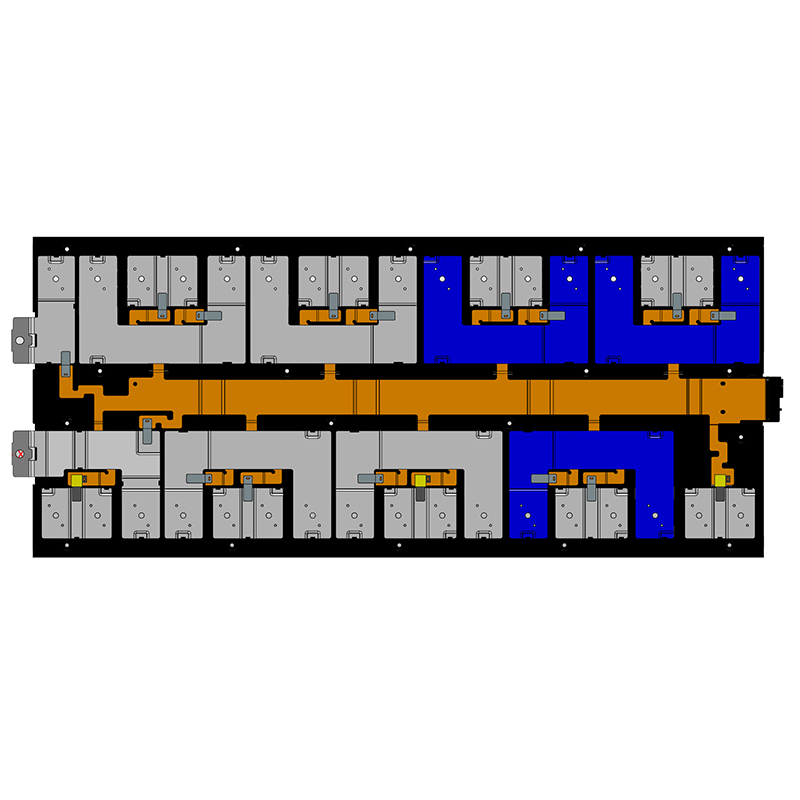Function of New Energy Connector FPC CCS
 2025-04-09 10:29:33
2025-04-09 10:29:33

In the field of new energy connectors, FPC CCS may refer to Flexible Printed Circuit (FPC) + Current Control System/Sensor (CCS). Its main functions are as follows:
1.Connection and Signal Transmission
· As a flexible circuit board, FPC enables high-density signal and power transmission in new energy connectors, making it suitable for Battery Management Systems (BMS), high-voltage interconnection modules, and fast-charging connectors.
· Due to its excellent flexibility and lightweight characteristics, FPC can adapt to compact space layouts in electric vehicles (EVs) or energy storage systems.
2.Current Detection and Control (CCS)
· CCS (Current Control Sensor) may be used to monitor current flow within new energy connectors, ensuring that the system operates within a safe current range to prevent overload, short circuits, or abnormal power consumption.
· In EV charging interfaces, battery management systems (BMS), or photovoltaic energy storage equipment, the FPC + CCS combination enables precise current measurement, improving charging efficiency and safety.
3.Enhanced Safety and Stability
· The FPC CCS solution can be applied in fast-charging connectors for new energy vehicles, helping control charging power and preventing risks such as battery overheating and short circuits.
· By monitoring current with CCS and leveraging FPC’s efficient transmission, energy management can be optimized, enhancing the durability and reliability of new energy equipment.
4.Lightweight and Modular Design
· Traditional connectors may use rigid PCBs, while the FPC + CCS solution reduces weight and improves design flexibility, making it ideal for miniaturized and high-efficiency requirements in EVs and energy storage systems.
· FPC CCS can also reduce mechanical connection points, increasing durability and minimizing the risk of poor electrical contact.
Application Scenarios
· EV charging connectors
· Battery Management Systems (BMS)
· Photovoltaic energy storage systems
· Smart grids and DC fast-charging stations


